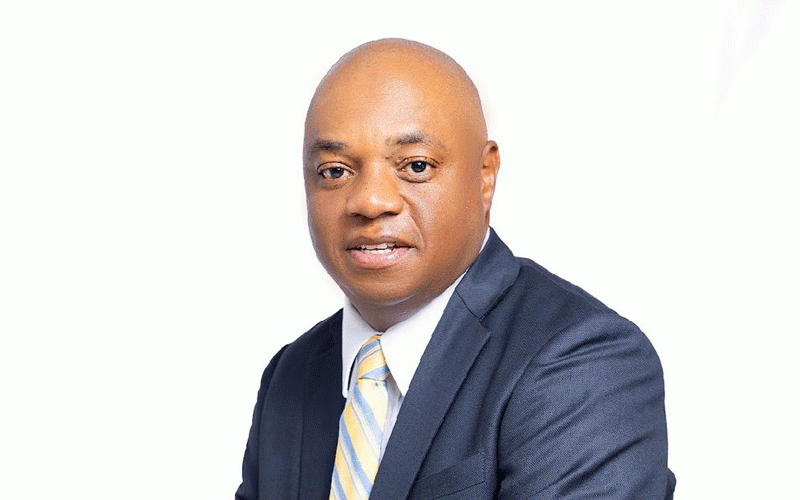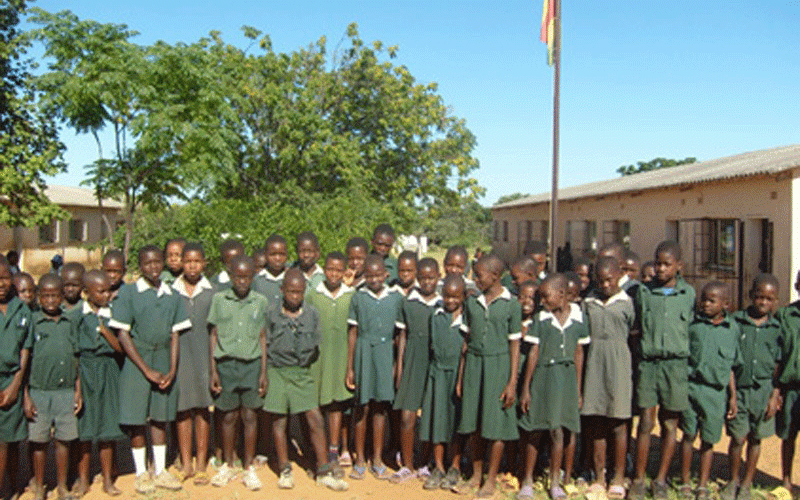
ZIMRE Holdings Limited (ZHL) posted a 471% increase in profit after tax to US$10,33 million during the year ended December 31, 2024, bolstered by strong performance in the Zimbabwe Stock Exchange-listed insurer's life and pension, reinsurance, and real estate businesses. Last week, our business reporter, Tafadzwa Mhlanga (TM), sat down with ZHL chief operating officer, Chakanyuka Nziradzemhuka (CN), to discuss just how the firm intends to maintain this profitability momentum. So much is in store for the giant, which has maintained its appetite for an African excursion as upheavals haunt markets on home soil. Nziradzemhuka explains how, after setting foot in Malawi and Mozambique, the group is heading to West Africa, where Ivory Coast will be the next destination. He explains the game plan below:
TM: You have indicated that Zimbabwe has a high insurance claims ratio. What impact does this have on your operations? How have you been managing this?
CN: Talking about the aspect of high insurance or high claims ratio, it has significant impact. If you are going to retain a lot more of that risk on your book and then the claims ratio comes in hot, it naturally hits your bottom line. It is a bit of an interesting experience for us that where we have had low retention ratios, the claims eventually have been lower. That is why we had a more aggressive return on equity in regional businesses compared to the Zimbabwean operations. In a way, we are hoping to manage the claims experience more from a Zimbabwean side so that it impacts the profitability of the business because we do have one thing correct, which is the retention ratio. With a high retention ratio, a lower claims ratio will mean more profitability for us as a business, and that is what we are looking for.
TM: In Zimbabwe, the currency has been volatile. How has this impacted your business? Tell us from the perspective of rental income from your properties.
CN: On the impact of currency issues on rentals, it has really been a tricky situation. Some of our customers, clients, or tenants are more or less your government entities. In that regard, you know what kind of cash flow they handle. But they have been gracious enough for us to maintain some of these buildings. The costs that you experience are not necessarily mindful of which customer profile they are. We have had cordial relationships. While we do get paid in the local currency, it has equally been at the right price in terms of value, that is in terms of the aspect of the maintenance of the buildings, and passing on the return in the normal or right level of return for us as well.
TM: ZHL is diversifying regionally. What opportunities are you seeing in the region?
CN: On the diversification plan that we are pursuing, I think I have already mentioned energy as one of those spaces, and the health side of life in the hospital space. We are seeing a lot of opportunities there.
TM: Tell us more about these opportunities.
- Zimre Holdings overturns loss
- Govt takes control of Zimre Holdings
- ZHL combines reinsurance units in Botswana
- No to extortionate fares
Keep Reading
CN: Some of the opportunities that we really believe are there are in the short-term side of insurance. We believe there are bottlenecks, which speak to some of the challenges — a misplaced belief that banks are sound platforms for bonds and guarantees.
TM: Explain more on these points that you have raised.
CN: If that aspect of understanding is taken on board by regulators and those that are equally involved in formulating that path, we believe as long as the reinsurance programme is strong enough and solid, the aspect of liquidity is one that can only be an arrangement that I, as a player, can have with any bank that I may want, but only paying for it when it is called for.
Not under the current scenario where we even have to split and share our commissions, which we write on these, on the premiums that we write, because we pay the commissions upfront, so those are actually very expensive structures that are creating challenges for us as a player, but we believe those can be managed with time. Are banks necessary? Yes, they are very important conduits of the ecosystem, but they need, and we believe they need to, play in the right space.
TM: Occupancy rates in your properties are at 86%. What factors are driving this?
CN: In terms of the occupancy rates that we have at 86%, we are very grateful for that kind of level. The economy has been tough. We get a lot of these tenants also not churning out a lot of revenue. We thrive on different models, fixed rental leases. Some are revenue-based. The trends that have hit the retail sector in recent times have also not had a great impact on us.
We hope that with time there will be self-correction. That can also come out better in terms of helping on yields. It will also help the occupancy rates because we are creating a new pipeline of projects and assets that rely on that specific industry.
The more active your retail sector is, the more it speaks to the class of society you have. This is because as we transition into a middle-class economy, people want to spend. I do not want to be driving 100km to the next supermarket. So we are trying to plant ourselves in the right places where we know we create and shorten those distances and create a centre of activity.
TM: What are your prospects in the insurance business going forward?
CN: Insurance sector prospects? I think in terms of new products, watch the space, that is what I can only say. There are things that, from a life side, we are working on. And there are things that will come as a complementary bouquet, probably through our wealth management side. It is just a combination of solutions that we believe are relevant for the economy.
TM: How much progress have you made on low cost housing properties?
CN: We have Vaka Yako, which has been doing a great deal of answering questions in that light. That is really what we are riding on to be more aggressive in terms of creating solutions at low cost housing level. We are expanding our horizons. We do have some pockets that we have already acquired in Bulawayo, which we believe will be good for that. We also have some pockets that we are working on in Gweru, some that we are working on in Masvingo, and some in Victoria Falls. So, we can see a lot of the space in terms of low cost housing plans. I think we are going more expansive, and we will see much more coming out of that.
TM: What is your outlook for 2025?
CN: In terms of outlook, we are really going for momentum in terms of our top-line growth and consolidation in terms of our position. I think, without apologising, we have a very high appetite for acquisition. I think you see us looking around, sniffing around for acquisitions that can support our growth, which can also be picked organically. So, we are going to be looking at growth through consolidation, organic, but we are also going to be having a high appetite for pursuing acquisition targets.
The second area of focus — I think that one goes without over emphasising just what we have to do. We have to be a data-driven organisation. We have to invest in data; we have to invest in IT. People talk about artificial intelligence, and we cannot be left behind. We are going to be focusing on that area. The primary goal for us to achieve this is going to be Fidelity (a firm under ZHL) because that one is more interfaced with the wider customer base and the bigger market. We are going to make sure that we invest heavily in our IT and data management, especially from a Fidelity angle.
TM: Any other plans?
CN: We are already doing something and setting up something in Ivory Coast. We are already doing something in terms of expanding our services in Mozambique in terms of insurance and possibly microfinancing.
TM: And?
CN: I think you will find that predominantly we have made the first step in terms of insurance. But we have other services that we do provide within the group, and we want to make sure we take them across into the region. One example is asset management.
We already set up in Malawi to enhance the asset management there. Property development also has some good opportunities there. So, we are going to be looking at uploading some of the services that we are strengthening in Zimbabwe into Africa. In the second quarter, we are going to have some announcement in terms of recapitalisation.
We are talking of raising some capital to support this Africa track out of Botswana. We have already secured what approvals we want to do.
What remains now is going to be some regulatory approvals, and we are putting together a team of advisors. And then the ecosystem.






